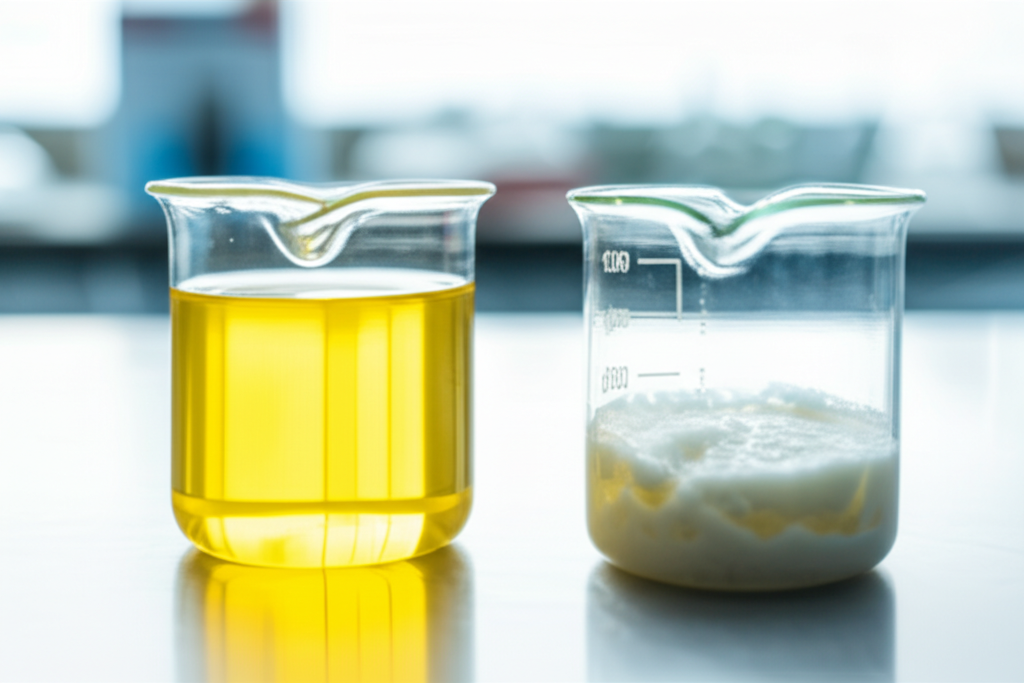
In today’s global marketplace, maintaining Halal compliance extends far beyond avoiding obvious ingredients like pork or alcohol. Many everyday products contain hidden components that require careful scrutiny, particularly emulsifiers—chemical additives that blend oil and water in processed foods and medicines. These often-overlooked ingredients can make the difference between a product being permissible or forbidden under Islamic dietary laws.
Emulsifiers serve a vital role in food science, creating smooth textures in items ranging from ice cream to vitamin capsules. While plant-derived options like soy lecithin and carrageenan are widely accepted as Halal, others originate from questionable sources. Animal-based emulsifiers, such as those derived from pork fat or non-certified beef, render products non-compliant. Even seemingly neutral additives like gelatin require verification, as their origins may vary between Halal and non-Halal sources.
Consumers face challenges in identifying permissible emulsifiers, as ingredient labels rarely specify sourcing details. The most reliable method is to look for official Halal certification marks from accredited organizations. When in doubt, researching unfamiliar additives or contacting manufacturers directly can provide clarity. Plant-based alternatives offer a safer choice, though thorough verification remains essential.
For businesses seeking Halal certification, organizations like Islamic Services of America (ISA) provide rigorous auditing to ensure compliance. With decades of experience, ISA helps companies navigate complex Halal standards, offering assurance to conscientious consumers worldwide. As awareness grows, understanding these subtle distinctions becomes key to upholding Halal principles in an increasingly processed food landscape.